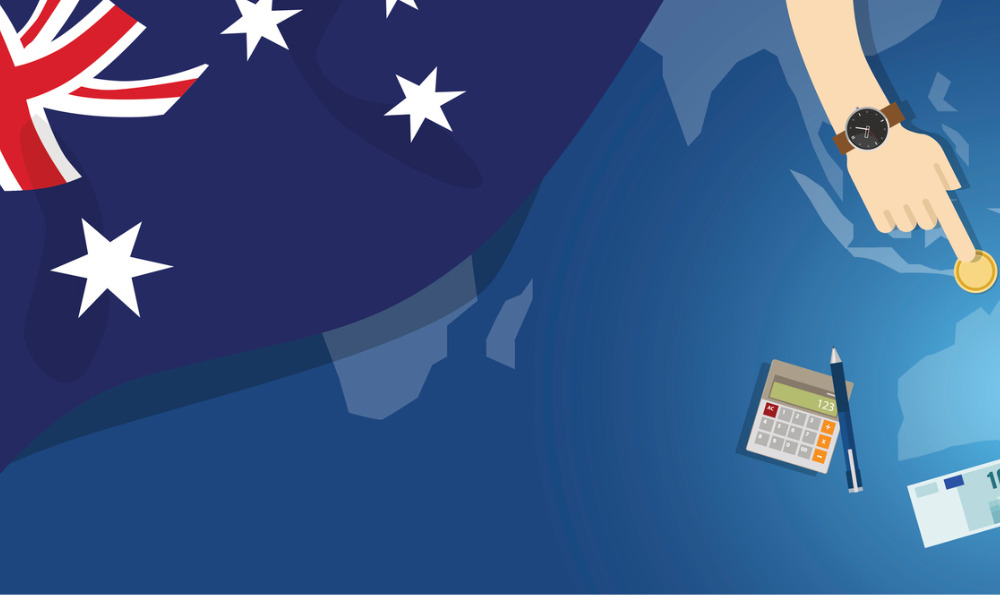
Both Women's Legal Services Australia and ATSILS highlighted the limitations in their funding

The recently announced 2024-25 Federal Budget has drawn criticism from Women’s Legal Services Australia and Aboriginal and Torres Strait Islander Legal Services (ATSILS) across the country.
The two legal bodies highlighted the inadequate support for their organisations. According to Women’s Legal Services Australia, while there was a slight boost in the funding provided to community legal centres for indexation and salaries, there was no funding allocated for legal assistance programmes geared towards helping women impacted by gender-based violence.
“This budget means many women’s legal services will have to start planning to reduce services to women experiencing gender-based violence. This includes legal assistance for women separating from violent partners, specialist Domestic Violence Units, Health Justice Partnerships, and sexual harassment legal services”, chair Elena Rosenman said.
She pointed out that more than 52,000 women were already being denied legal assistance, and that the solicitors, social workers, First Nations caseworkers, and financial counsellors handling frontline women’s legal services were “exposed to significant trauma” and “deserve to be paid appropriately for their contribution to our community”.
“If we are asking Australian women to trust that the system will be there for them when they flee a violent relationship, we must ensure they can access the trauma-informed, integrated legal services they need", Rosenman said. “The Women’s Budget Statement recognises the community legal sector is a female-dominated workforce, but this is not matched with adequate funding for Women’s Legal Services to address low wages and pay disparity”.
Meanwhile, ATSILS was given just around $15m, after each state and territory’s branch had called for a $229m injection.
“Some ATSILS have had to reduce or freeze services already. After this disappointing budget they are at the precipice of being forced take further action. Further service freezes would have dire consequences for Aboriginal and Torres Strait Islander people. When culturally safe, accessible legal help isn’t available, the result is more children takenfrom their families, more family violence, more unjust imprisonment, and the very real possibility of more deaths in custody”, said Nerita Waight, deputy chair of the National Aboriginal and Torres Strait Islander Legal Services (NATSILS).
ATSILS are mainly funded under the 2020-2025 National Legal Assistance Partnership (NLAP), which also supports Legal Aid Commissions, Community Legal Centres, and Family Violence Prevention Legal Services throughout Australia. Waight pointed out that as per a recent independent review of the NLAP that was provided to Commonwealth and State Attorneys-General in March, a recommendation was made for a considerable boost to ATSILS baseline funding from mid-2025.
"Without additional investment, we are going to see services reduced and cut across the legal assistance sector. We’ll see a greater number of workers leave the sector for more appropriate remuneration and recognition, and these issues will further compound the investment required to meet growing unmet legal need," Waight warned.